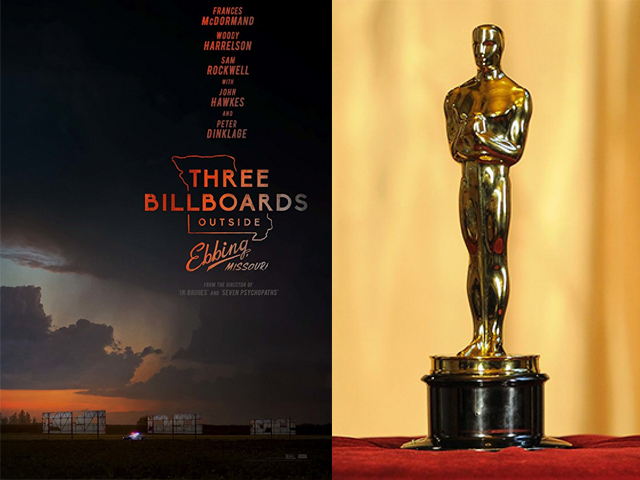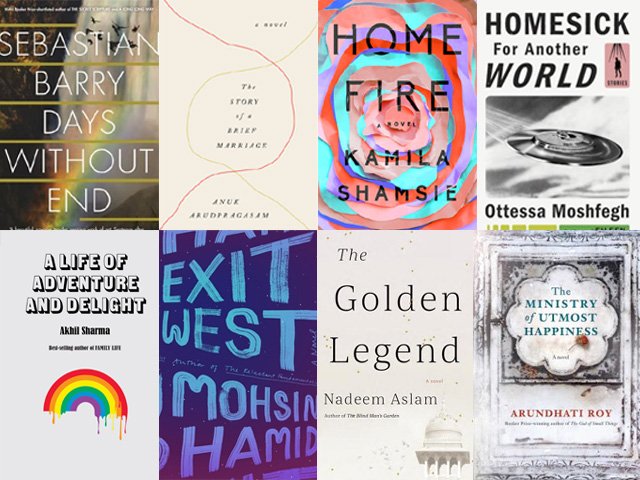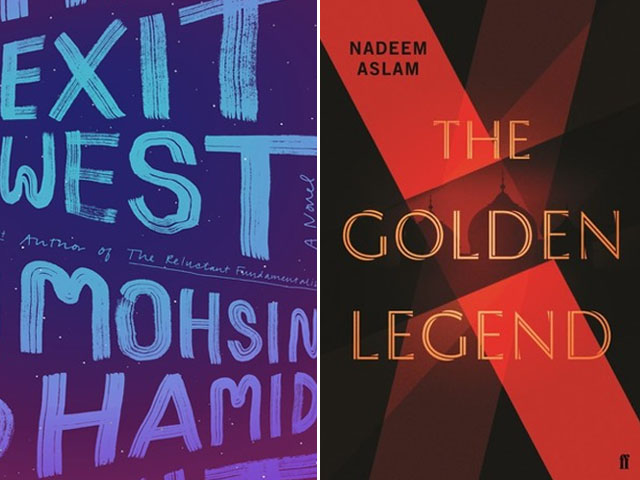
All the light we cannot see – a novel that blends beauty and pain
An impeccably contrived and unflinching novel which is by turns unsparing and sentimental, poetic and enlightening.
The year that produced surreal and absorbing books by American literary titans such as Marilynn Robinson and Joyce Carol Oates, what turned out to be the best read of the year was the brisk and spellbinding World War II novel ‘All the Light We Cannot See’ by a relatively obscure author, Anthony Doerr.
Doerr’s sprawling and riveting novel has emerged as the astonishing bestselling smash hit of the year. Soon after being published, it was instantly hailed by critics and triumphantly made its place in the best seller lists by storm. It was also chosen as one of the 10 best books of the year by the editors of The New York Times Book Review. Earlier this year, Doerr’s novel won the most coveted and honourable prize of the American literary world, the Pulitzer Prize for fiction, which is referred to as the Oscar of the bookies.
Doerr’s riotously imaginative and achingly humane novel tells parallel stories of a blind French girl and a German orphan boy whose lives coalesce as the novel reaches its galloping climax. The story is set against the back drop of both Germany and France, prior to and during the German occupation of France.
The novel begins in Paris when the protagonist, Marie-Laure, is six-years-old and lives with her father who is a dexterous locksmith and keeper of myriad keys at the National Museum of Natural History. By the age of six, Marie-Laure’s deteriorating eyesight abandons her completely. To compensate for her blindness, her father takes painstaking efforts to build her a labyrinthine and extremely detailed model of Paris. Using her fingers to navigate the tiny and intricate model, Marie-Laure learns to navigate the city by touch and commits routes and places to her memory.
In a parallel story, Werner lives with his sister Jutta in an orphanage in Germany. Werner is a child prodigy with startling skills for fixing things, particularly radios. When the word spreads of Werner’s deftness and intelligence, he is recruited in the Hitler youth camp. Under the visceral circumstance of war, when their lives percolate and eventually cross, Doerr creates a story that is a compelling fable of survival and an exquisite look into the brutal reality of human barbarism.
In this novel, Doer’s surmountable storytelling talent is on full display. This novel is thoroughly researched and is richly layered and detailed. Every sentence and every passage is a thing of beauty. There is high voltage energy that is conveyed by Doerr’s baroque prose. Doerr writes like a scientist who has a cornucopia of knowledge about almost everything. This book has condensed passages about radios and diamond, and even about Snails and molluscs. Doerr concocts a rare edifice, made up of parable and the phenomenal prodigies of the technical and natural world. The passages are heart rendering; sometimes shocking, often heart-breaking but also beaming with resplendent colours and an absorbing energy. Every page is suffused with acute observations and deep implications.
However, to compensate for his excessive lyricism, Doerr has intentionally given his sophisticated book a tremendously readable format. The chapters are short and his prose is adorned by brevity; many chapters are no more than a page and a half long. The short chapters stylistically switch between the unfolding lives of Werner and Marie-Laure.
The narration jumps incessantly from past to present and from Germany to France. The parallel stories are weaved together beautifully in a charming unison and they unravel over the course of the novel, gathering momentum and suspense. Reading this novel becomes an obsessive page turning experience. Hence I must blame Doerr for unbridled hours of lost sleep, because once I started reading his gripping book, there was no putting it down.
Perhaps the only flaw of this book is its high-pitched voice. Doerr’s is a contemporary American writer and his voice and language are deeply rooted in his origins, hence his excessive use of American idioms and metaphors adulterate the universal message of this book. For a topic as ubiquitous as the World War II, Doerr’s prose style is bit too relentless and insistent. Furthermore, just like the Pulitzer Prize winners of the last two years, The Goldfinch and The Orphan Master’s Son, this novel is a bit too long as well.
Nonetheless, it is an impeccably contrived and unflinching novel which is by turns unsparing and sentimental, poetic and enlightening; stunning and robust as it is heart-breaking and forlorn. It is a novel that blends beauty and pain.
‘All the Light We Cannot See’ is as much a thriller as it is a tremendous work of literature, a combination which is perilously rare and utterly overwhelming.




COMMENTS
Comments are moderated and generally will be posted if they are on-topic and not abusive.
For more information, please see our Comments FAQ